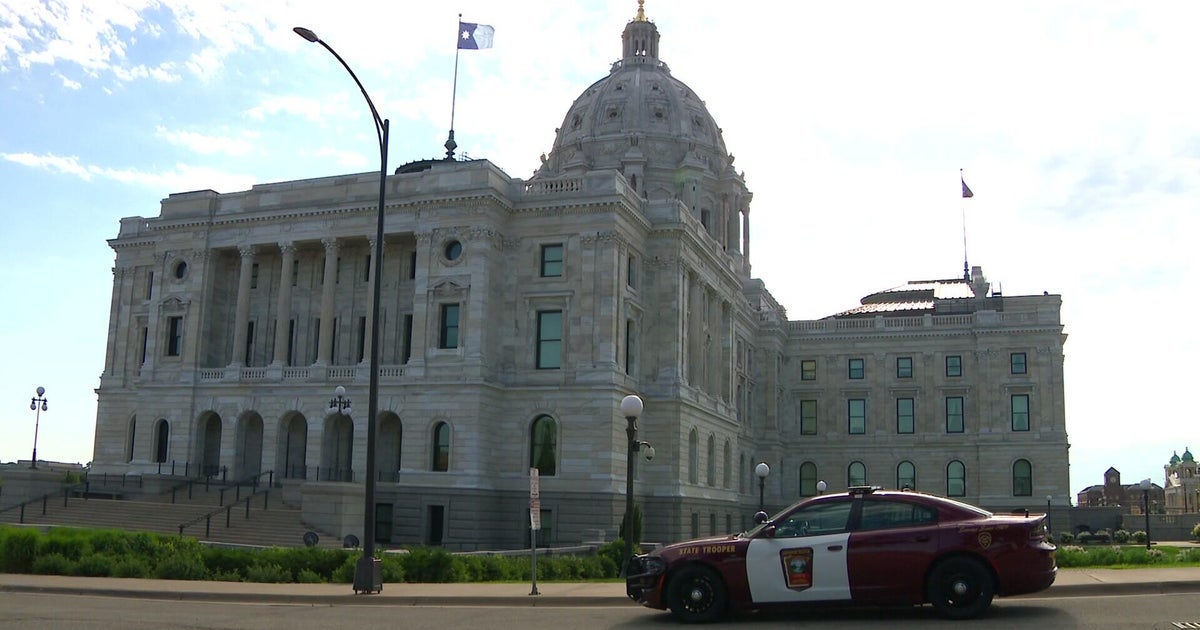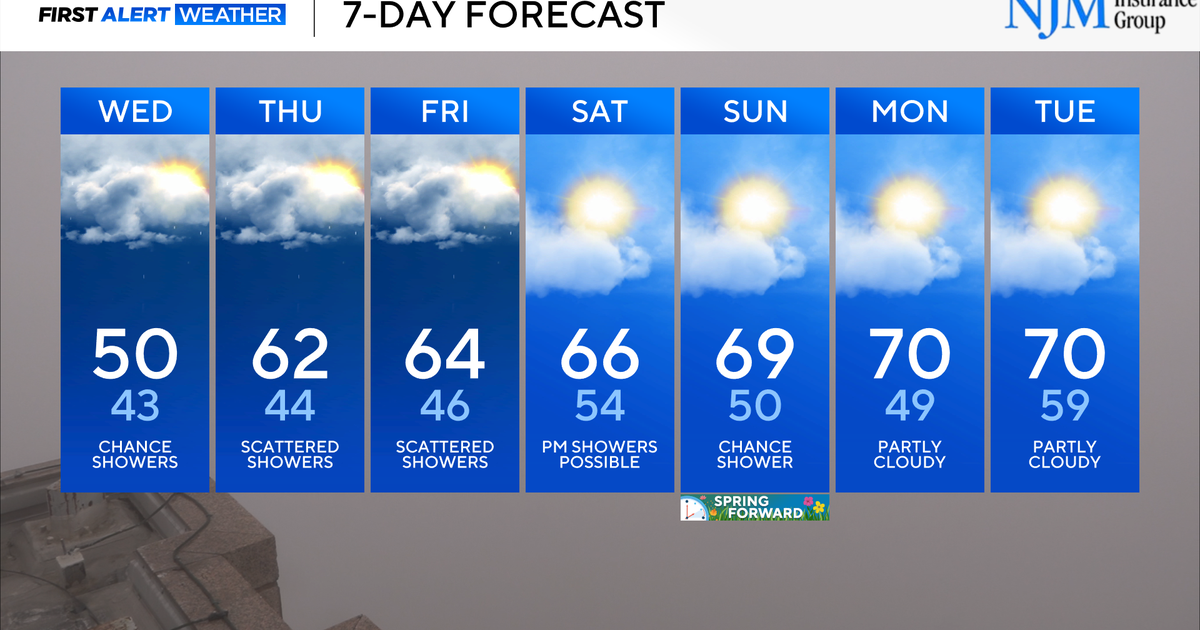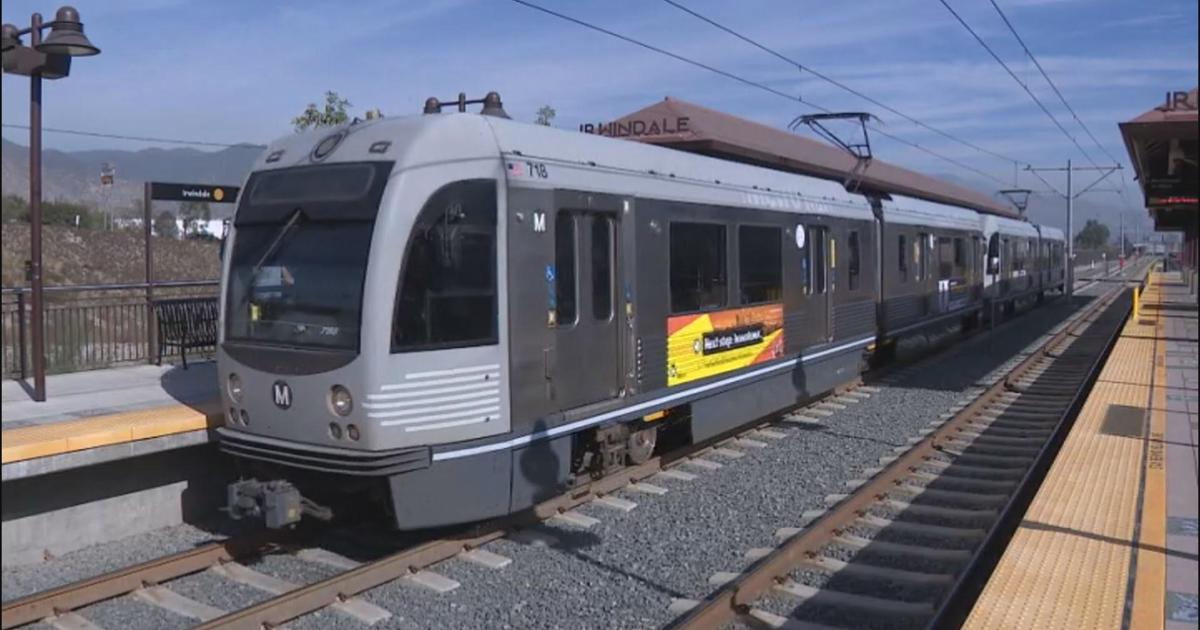Tuition Freeze's Fate Uncertain At Capitol This Year
ST. PAUL, Minn. (AP) — Students at Minnesota's public colleges may have to brace for a tuition bump, as legislative appetite seems to have waned for moves to shift rising costs from students to the state.
A so-called "tuition freeze" passed the 2013 Legislature with bipartisan support, but only Gov. Mark Dayton is willing to spend $207 million to do it again. House and Senate leaders would partially fund such a move, but they're prioritizing different areas of higher education.
The GOP-led House passed a budget bill 72-55 Monday that includes $105 million in new spending to lower tuition at two-year colleges slightly over the coming biennium. All of that money targets the Minnesota State Colleges and Universities system, and it allows for a 3 percent tuition hike at four-year MnSCU schools.
The DFL-led Senate would spread nearly $119 million between MnSCU and the University of Minnesota to help the schools freeze tuition without fully funding the move.
"I know it's probably not spending enough money that some would like," House Higher Education Policy and Finance Chairman Rep. Bud Nornes, R-Fergus Falls, said of his budget bill. He predicted an "interesting time" when the House and Senate meet to hash out their differences.
The debate over whether and where to hold tuition down comes as college enrollment declines statewide. It fell from a peak of about 468,000 in 2010 to about 441,000 in 2013, according to the most recent data available from the state Office of Higher Education.
Students graduated from four-year public and private Minnesota universities with an average of nearly $31,000 in student debt in 2013, according to The Institute for College Access and Success, the fifth-highest average in the nation.
The 2013 tuition freeze was the first major new investment in state colleges and universities in years, said Rep. Gene Pelowski, who led the House higher education committee at the time. He said the state's projected $1.9 billion budget surplus offers an opportunity to continue that push.
"Over the totality of that recession, we used higher ed as if it was a bank. And they printed money. They printed money called tuition," the Winona Democrat said. "We took it away. It's time to invest again."
Both the House and Senate included pushes to ease the transfer process between MnSCU schools and tighten campus sexual assault policies in their higher education budget bills. They have three weeks to send a higher education budget to the governor. Minnesota is on track to spend about $2.8 billion on higher education this biennium.
(© Copyright 2015 The Associated Press. All Rights Reserved. This material may not be published, broadcast, rewritten or redistributed.)







